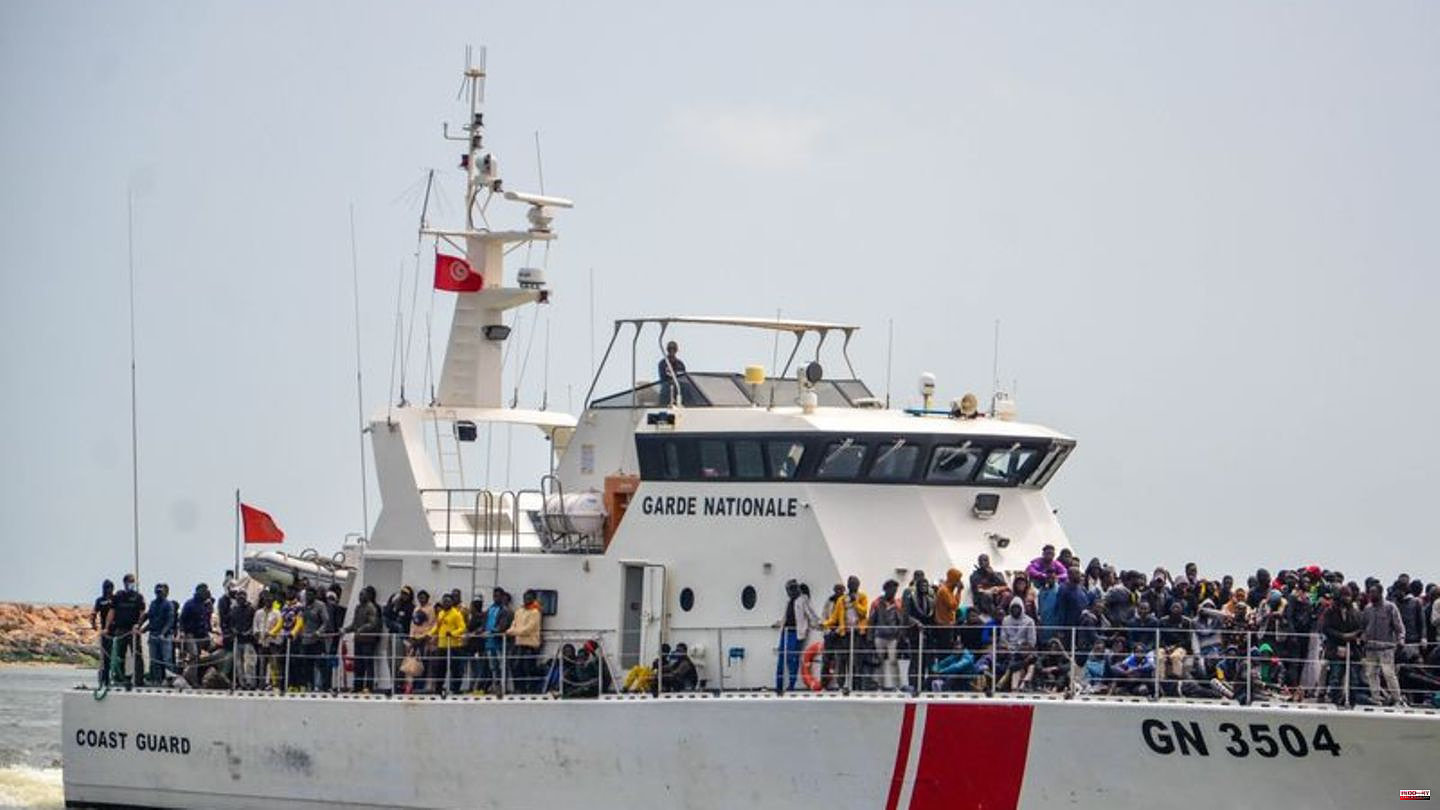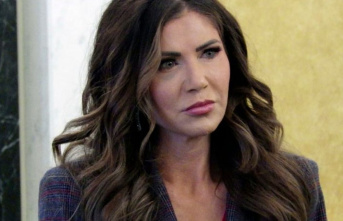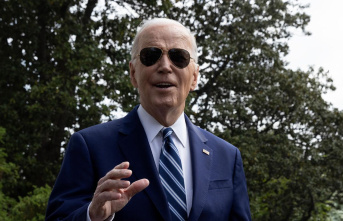European Commission President Ursula von der Leyen and the heads of government of the Netherlands and Italy are traveling to Tunisia today for talks on how to deal with irregular migration. In the capital, Tunis, they want to discuss the problem at a meeting with President Kais Saied. Irregular migration from the North African country to the EU has increased sharply in recent months.
According to official figures from the Ministry of the Interior in Rome, more than 53,800 migrants have reached Italy on boats since the beginning of the year - in the same period last year there were around 21,700. According to the United Nations High Commissioner for Refugees (UNHCR), the majority of migrants registered in Italy came from Tunisia.
In order to get the support of transit countries, Italy's right-wing Prime Minister Giorgia Meloni repeatedly suggested paying countries like Tunisia to consistently prevent migrant boats from leaving for Italy and thus for the European Union - similar to what the EU agreed with Turkey in 2016 had. The pact between Brussels and Ankara led to a sharp drop in refugees arriving in Europe.
Tunisia is struggling with the economic crisis
Many migrants are currently feeling great pressure to leave Tunisia. Hostilities and racist attacks have increased sharply since President Saied announced tougher action against them in February and accused them of bringing violence and crime into the country. This is one of the reasons why many people want to translate to Europe as quickly as possible.
In addition to migrants from countries south of the Sahara, more and more Tunisians are crossing over to Italy from the coast of their homeland. In view of the worsening economic crisis and high unemployment, many no longer see any prospects in Tunisia, especially since the country's political leadership is unable to find any solutions to the problems.
Meloni had already visited the Tunisian President at the beginning of the week to talk about the migration crisis, among other things. In an interview, she expressed the hope that an aid package from the EU could be brought with her on Sunday. In Italy there was talk of around 900 million euros for Tunis.
Reform of EU asylum rules agreed
On Thursday, the EU interior ministers agreed on a reform of the European asylum rules. In the future, migrants from countries that - like Tunisia - are considered safe should come to reception facilities after crossing the border and remain there under prison-like conditions while their prospects of staying are examined. If the people do not receive asylum, they should be sent back immediately. It is possible that the EU Parliament will push through changes to the planned reform.
The meeting in Tunis on Sunday, which will also be attended by Dutch Prime Minister Mark Rutte alongside von der Leyen and Meloni, will also deal with cooperation in the areas of business and energy.












